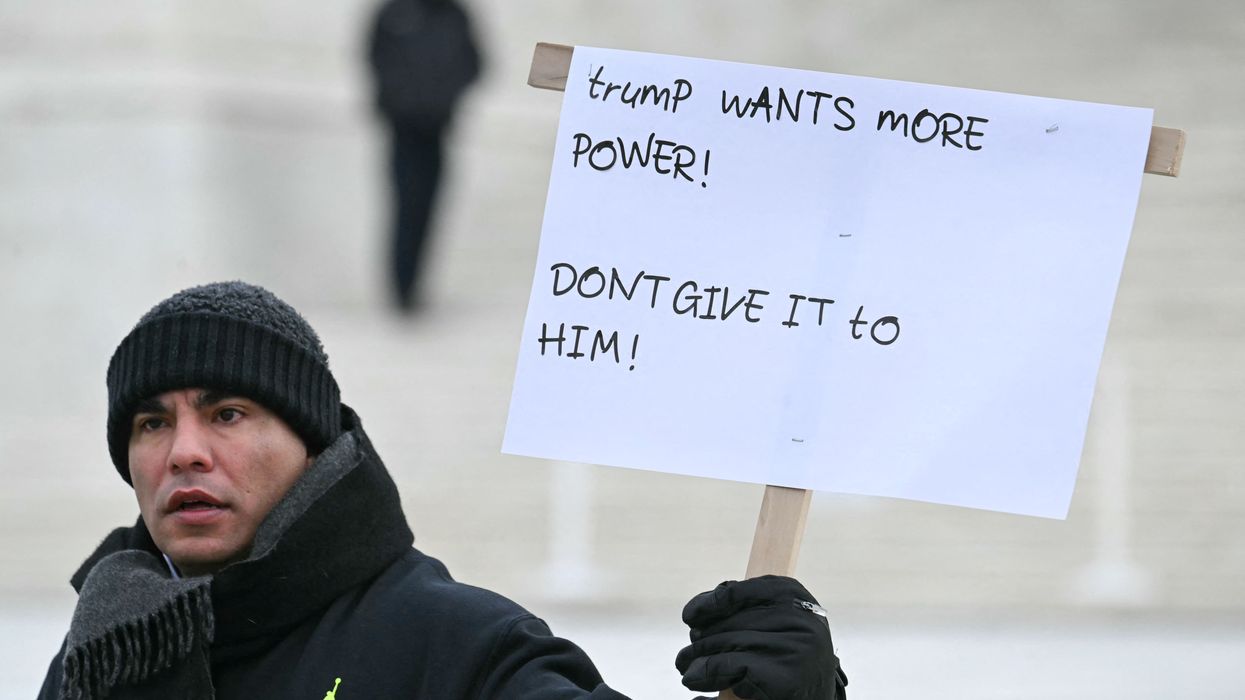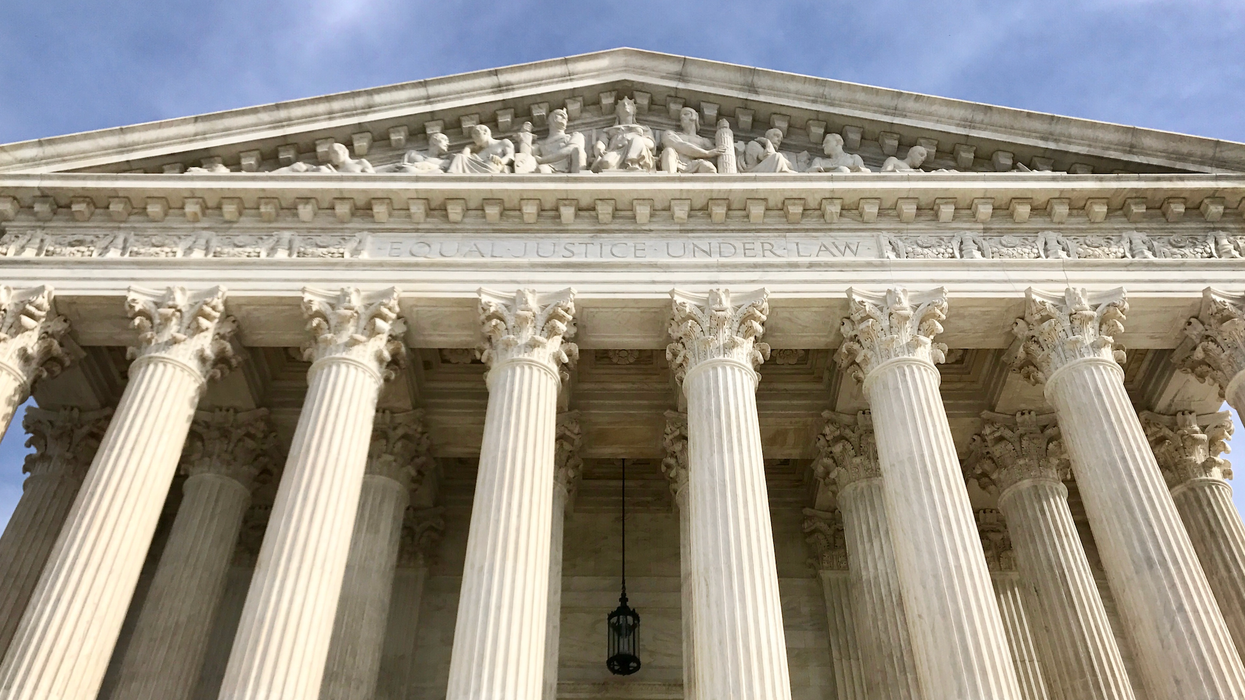Justice Elena Kagan added that setting aside the precedent and allowing President Donald Trump to fire Federal Trade Commission (FTC) board members and other federal agency leaders would “put massive, uncontrolled, unchecked power in the hands of the president.”
"Once you're down this road, it's a little bit hard to see how you stop," Kagan said.
But the court's right-wing majority signaled little concern about the unchecked authority it could give the president should it rule in Trump's favor in the coming months in Trump v. Slaughter, which centers on the White House's firing of FTC Commissioner Rebecca Kelly Slaughter, a strong defender of consumer rights in March.
Slaughter has said she was dismissed for being "inconsistent with [the] administration's priorities" as the Department of Government Efficiency was gutting federal agencies and rooting out programs and employees that were also viewed as being in the way of Trump's right-wing agenda.
But under Humphrey's Executor, which was decided after former President Franklin D. Roosevelt tried to remove an FTC member, a president can fire a board member only for "inefficiency, neglect of duty, or malfeasance in office," in accordance with a law passed by Congress in 1914.
The ruling established that the president can remove executive officials without cause, but not at independent agencies that are "neither political nor executive, but predominantly quasi-judicial and quasi-legislative," such as the FTC.
Sauer wrote in a court document that the ruling "was always egregiously wrong," furthering the argument made by right-wing proponents of the "unitary executive" theory—a view that holds that the president should hold absolute power over federal agencies, including by firing leaders they view as opposed to their agenda.
A lawyer for Slaughter, Amit Agarwal of Protect Democracy, told the justices on Monday that "dozens of institutions that have been around for a long time, that have withstood the test of time, that embody a distillation of human wisdom and experience, all of those would go south” if the court allowed the president to hold complete control over agencies.
Undoing Humphrey's Executor would “profoundly destabilize institutions that are now inextricably intertwined with the fabric of American governance," Slaughter's lawyers have argued.
Chief Justice John Roberts signaled an unwillingness to preserve the 90-year-old precedent, calling the ruling a "dried husk" at one point. Right-wing courts and justices have worked to weaken the precedent for more than a decade, with Roberts writing in a 2010 opinion that the president's power should be understood to include “the authority to remove those who assist him in carrying out his duties."
A decade later, the Supreme Court ruled in a 5-4 decision in Seila Law LLC v. Consumer Financial Protection Bureau that the CFPB's structure itself was unconstitutional because the president does not have the authority to fire the director of the independent agency without just cause.
On Monday, Josh Orton, director of judiciary reform group Demand Justice, said there was "grave danger in what the Supreme Court appears willing to do today: hand giant corporations and Donald Trump’s billionaire class unchecked power over our economic system, gutting one of the few institutions left that’s charged with ensuring fairness, stability, and competition in our economy.
“For generations, independent federal agencies, including the Federal Trade Commission and the Federal Reserve, have proven essential to the long-term stability of our country and markets—all to the benefit of workers, consumers, and businesses alike," said Orton.
A lower court ruled earlier this year that Slaughter had been illegally fired, but the Supreme Court in September allowed the dismissal to stand with an emergency order, until the case could be heard.
The Supreme Court has also permitted Trump to move forward, at least temporarily, with the firings of officials at the National Labor Relations Board, the Merit Systems Protection Board, and the Consumer Product Safety Commission.
The justices on Monday signaled that even if they allow the president's firing of Slaughter and the other officials, they may not approve the dismissal of Federal Reserve Gov. Lisa Cook, who the court has permitted to stay in her role despite Trump's attempt to fire her. The court is scheduled to hear a separate case in January regarding Cook's firing.
But Kate Judge, a professor at Columbia Law School, said an overruling of Humphrey's Executor would ultimately have an impact on the Federal Reserve even if the justices carve out an exception.
"[The] Fed's practical independence and the legitimacy needed to sustain it grew alongside the independence of other agencies," said Judge. "It will be hard to maintain faith in one technocratic body while saying the rest are legitimate only because they are directly answerable to the president."
With or without an exception, Orton argued that "a Supreme Court that overturns Humphrey’s Executor and 90 years of precedent to enable Donald Trump’s corrupt march toward oligarchy is simply not a sustainable or legitimate institution.”




